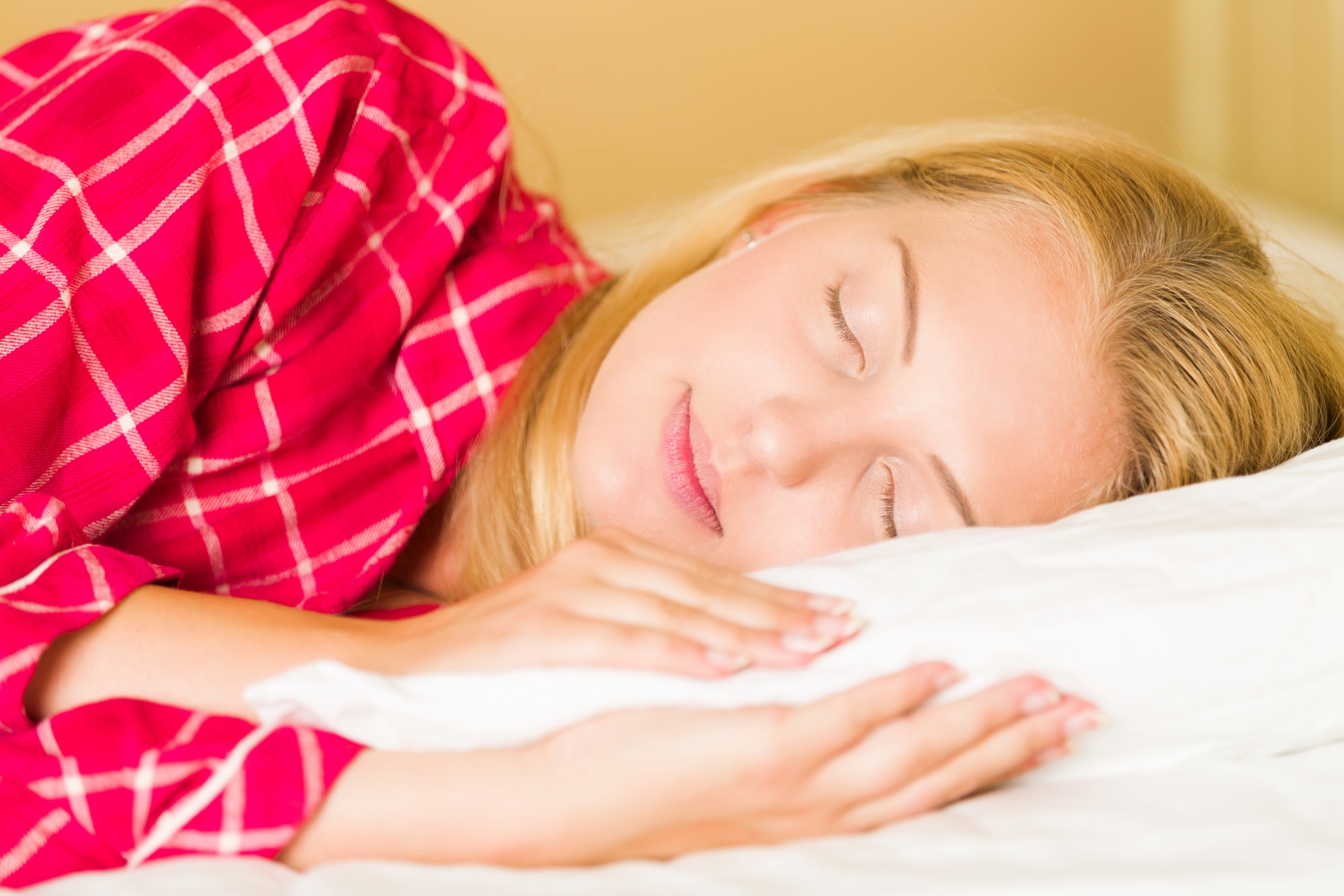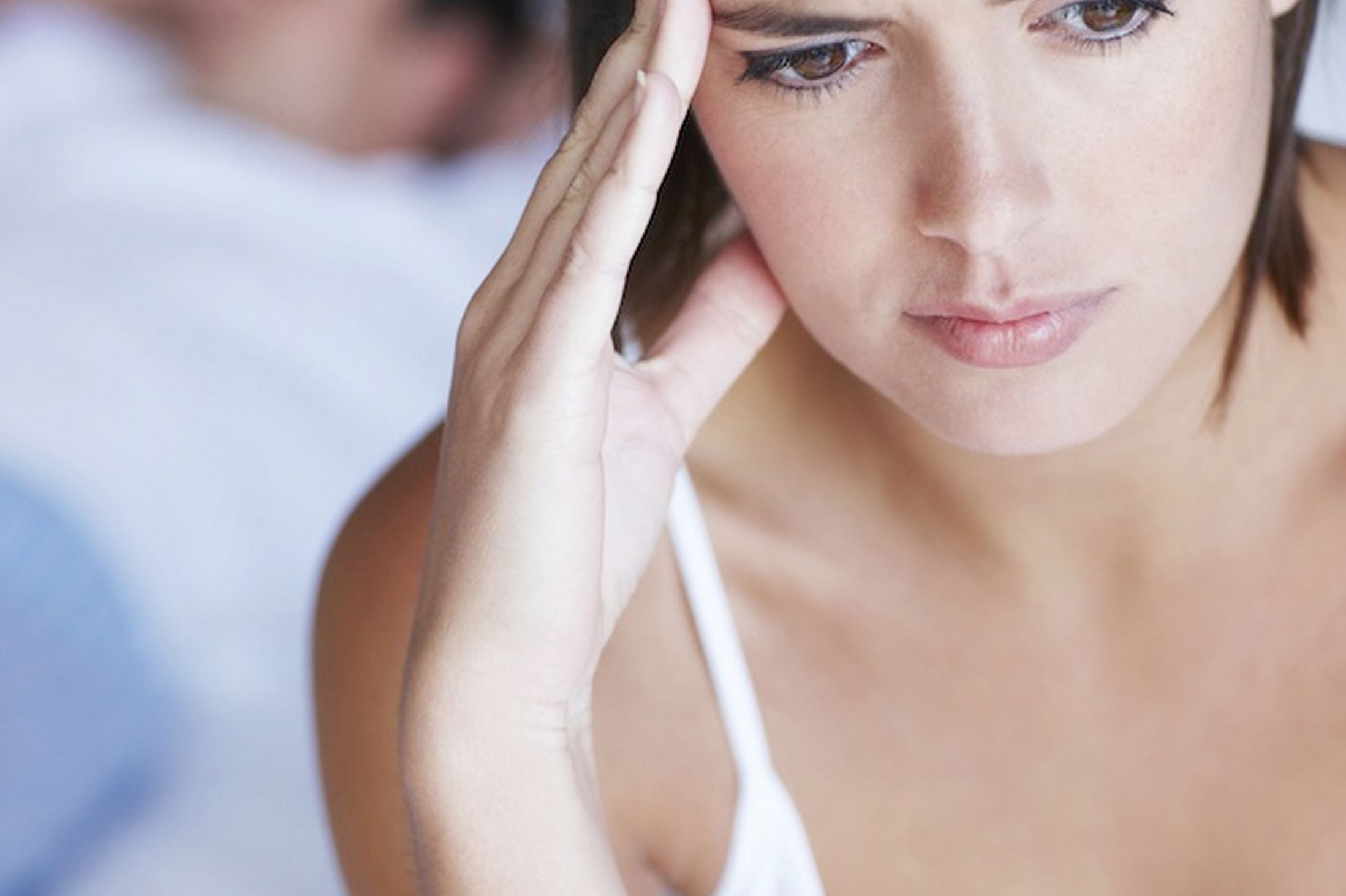Better sleep feels like winning the lottery

- Improving your sleep makes you feel as good as a lottery winner – leading to high levels of health and wellbeing over time - say University of Warwick psychologists
- Quality of sleep more important than quantity for optimal health and happiness
- Study analysed link between sleep and mental & physical wellbeing in households across the UK
- Working on better sleep could be an effective, cheap and simple public health strategy
Improving your sleep quality is as beneficial to health and happiness as winning the lottery, according to research by the University of Warwick.
Dr Nicole Tang in the Department of Psychology has discovered that working on getting a better night’s sleep can lead to optimal physical and mental wellbeing over time – and that quality of sleep is more important than how many hours you get.
Analysing the sleep patterns of more than 30,500 people in UK households across four years, Dr Tang finds that improving your sleep quality leads to levels of mental and physical health comparable to those of somebody who’s won a jackpot of around £200,000.
The study shows that positive changes in sleep over time – improved quality and quantity, and using less sleep medication - are linked with improved scores on the General Health Questionnaire (GHQ), which is used by mental health professionals to monitor psychological wellbeing in patients.
People surveyed who reported positive improved sleep scored a 2-point change in the GHQ – a result comparable to those recorded from patients completing an eight-week programme of mindfulness-based cognitive therapy designed to improve psychological wellbeing.
Furthermore, the same people showed improved scores on the 12-Item Short Form Survey, which tests levels of physical and emotional health, as well as people’s ability to perform everyday activities.
Conversely, it was found that a lack of sleep, bad quality sleep, and using more sleep medication can lead to worsened medical and emotional states.
Dr Tang’s research proves that improving the quality and quantity of sleep amongst the population – as well as discouraging the use of sleep medication - is an effective, simple and cheap method of raising the health and wellbeing of society as a whole.
Consequently, she argues that working on getting good quality sleep, and the reduction of sleep medication, should be promoted as a public health value – something that everyone can do easily to stay physically and mentally healthy.
Dr Tang comments:
“We are far from demonstrating a causal relationship, but the current findings suggest that a positive change in sleep is linked to better physical and mental wellbeing further down the line.
“It is refreshing to see the healing potential of sleep outside of clinical trial settings, as this goes to show that the benefits of better sleep are accessible to everyone and not reserved for those with extremely bad sleep requiring intensive treatments.
“An important next step is to look at the differences between those who demonstrate a positive and negative change in sleep over time, and identify what lifestyle factors and day-to-day activities are conducive to promoting sleep. Further research in this area can inform the design of public health initiatives.”
The paper, ‘Changes in Sleep Duration, Quality, and Medication Use are Prospectively Associated with Health and Wellbeing: Analysis of the UK Households Study’ is published in SLEEP.
It is co-authored by Dr Mark Fiecas, Esther Afolalu and Professor Dieter Wolke.
Image: Creative Commons, "Sleeping Woman", by Petr Kratochvil

We've all had trouble sleeping and know how crazy that can make us feel...but a recent poll shows that some of the cures to that insomnia are what are REALLY crazy.
Rubbing dog's earwax on your teeth has been voted the strangest insomnia cure ever, heading a strong field of bygone and present cures ranked in an international poll.
https://www.calm.com/mindfulness-tips/weirdest-insomnia-cure-ever
The Strangest Insomnia Cures (as voted on by respondents to a Calm.com poll)
Rank Insomnia Cure
1. Rubbing dog's earwax on your teeth
2. Eating sea slug entrails before bed
3. Drinking a potion containing the bile of a castrated boar
4. Rubbing dormouse/field mouse fat on the so les of your feet
5. Lathering your hair in yellow soap
6.= Eating fried lettuce before bed
6.= Drinking a brew of lettuce opium
8. Eating a raw onion before bed
9. Pointing your bed northwards
10. Watching a video of a crossword puzzle tournament
11.= Curling and uncurling your toes
11.= Drinking cinnamon and banana and tea
The idea that smearing your teeth with the earwax of a dog would cure insomnia is credited to Gerolamo Cardano, a 15th century doctor and mathematician in Renaissance Italy whose other credits included being a founder of probability theory.
The Japanese folk remedy of eating sea slug entrails before bed ra nked a close second in the survey of 4,279 Americans and Britons conducted by pollsters on behalf of the meditation app, Calm.com
"Insomnia may be a modern epidemic but it's far from a new problem," says Alex Tew, co-founder of Calm. "Everyone from the ancient Egyptians to our medieval ancestors had their own cures."
Indeed, Calm itself recently launched its own new natural sleep aid, in the form of bedtime stories for grown-ups called Sleep Stories.
The 23 sleep-inducing tales have been listened to five million times in their first three months.
https://www.calm.com/meditate/sleep-stories
One of Calm's Sleep Stories offers Ben Stein of Ferris Bueller's Day Off fame reading a long extract from The Wealth of Nations, the classic 18th economics text by Adam Smith, the Scotsman known as the father of economics.
Zzzzzzzzzzzzzz....
"This cure might strike some folks as strange," says Alex Tew of Calm. "But it's already been listened to h alf a million times and is our most popular non-fiction story. It does genuinely seem to help people wind down and fall asleep."
CALM is an app from the leader in the meditation space -- with over eight million downloads to date and an average of 20,000 new users daily.
www.calm.com
Your Sleep Patterns May Be Preventing You From Weight Loss
Did you know that your sleep patterns can effect weight loss and can even cause weight gain? Lack of sleep may increase your appetite, effect your metabolism, and cause weight gain. Follow these steps for sleep and nutrition to help you with your weight loss battles.
1) Try to get six to eight hours of sleep a night. Less than this has been linked to a slower metabolism and weight gain.
2) If you are restless and need better sleep eat foods high in tryptophan at night. Tryptophan acts as a natural sedative and is used in your body to make serotonin, the neurotransmitter best known for calming your body and making you sleepy. Foods like this cause what we know as (the itis) and include turkey, lentals and whole grains. Eat these with a carbohydrate source such as brown rice, broccoli, milk or honey. This works because in order for tryptophan to be used, it has to make its way to the brain. When you eat carbs, insulin is released, which transports competing amino acids into your muscle tissue and it then leaves tryptophan alone, so it can make its way to your brain.
3) Don’t drink caffeinated beverages late in the day because it will effect your sleep pattern and ability to fall asleep at night.
4) Don’t drink a lot of liquid late at night. This will cause interrupted sleep to use the bathroom.
5) Give tea a try. Chamomile tea is a natural sedative and can help you fall asleep at night.all asleep with ease.
So the next time you are having problems losing weight make sure to check your diet because it could be causing irregular sleeping patterns and in turn your ability to lose weight.



